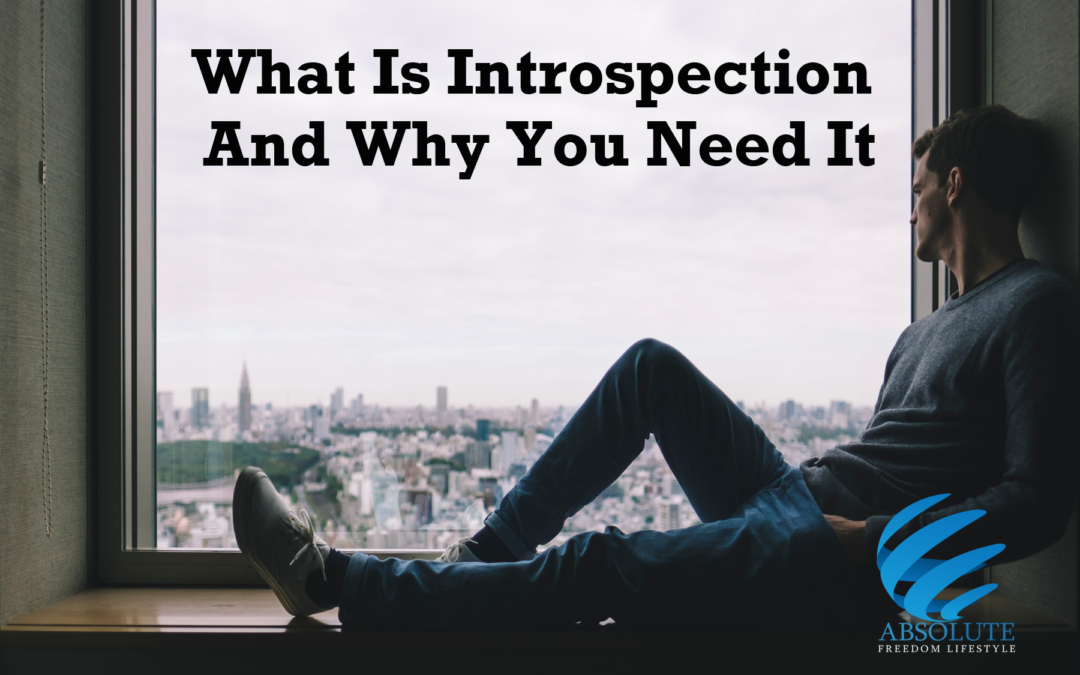The first real science about introspection came on to psychological sciences platforms when Wilhelm Wundt did famous experiments trying to define conscious thought through the study of introspection.
Though according to Simple Psychology, introspection cannot be subjectively verified, it is something that can be used to study the perceptual process and how your cognitive processes work. In more simple terms than Simple Psychology put it, introspection can help you learn why you think the way you think and see things the way you do.
Why Do We Need Introspection?
There are several reasons that you should begin a practice of daily introspection. One of the main reasons that introspection is essential is that you take power away from the people, systems, and forces that try to keep you thinking, feeling, and doing things a certain way.
Often people feel unhappy with the way they look or the way their finances are. These feelings of unhappiness can be attributed to outside forces and how those external forces influence our inner dialogues.
Through introspection, you can take power away from those outside forces, whether it is marketing, friends, or social media, to become happy with what you have because you choose to be.
Stories and Storytellers
Psychology Today has a fascinating outlook on introspection. They describe the instinctive state as the state of being where you automatically do things. These things are actions like breathing and sleeping.
Conscious states are states where we begin to tell stories about ourselves. For example, the first state of consciousness can describe what you do: “I am a writer.” “I am a woman.” These are examples of the first level of necessary introspection and consciousness.
The next concept introduced by Psychology Today is that you can tell stories about the storyteller. Instead of saying, “I am a writer.” You may say things like, “I like to think that I’m a good writer.”
This level of introspection shows that you’re aware of your perception in your own story. The more introspection that you do, the more you will be able to describe how your understanding plays a part in your actions and reactions to the world and people around you.
Good Introspective Questions
Now that you understand what introspection is and how it may look once, you can do it; how do you begin an introspective process? The first step is to ask profound open-ended questions. These open questions may make you uncomfortable, and you may not have the answers right away. However, that’s okay, the goal is to discover things about yourself, and that may take time.
Here are some examples highlighted in the Lost Art of Introspection of introspective questions to ask yourself:
- What is my most profound passion?
- What sets my soul on fire?
- If I had all the money in the world, how would I spend my time?
- What do I love most about myself?
- What are my deepest values?
Notice that the introspective questions are all about yourself and have little to do with other people or the outside world. This is because an introspective process is about getting to know how you feel without the influence of society, friends, family, the media, and Facebook.
Outside influences can muddy our perspective and change or alter our most authentic desires. A thorough introspective look at how we feel can eliminate this interference from external sources.
Why would you want to free yourself from outside influences?
If you’ve ever felt that you’re not enough because of someone else, introspection can help alleviate that, and it is the ultimate ability to free yourself from doubt and distrust of your own emotions and thoughts and beliefs. When you know yourself, you can be truly free.

